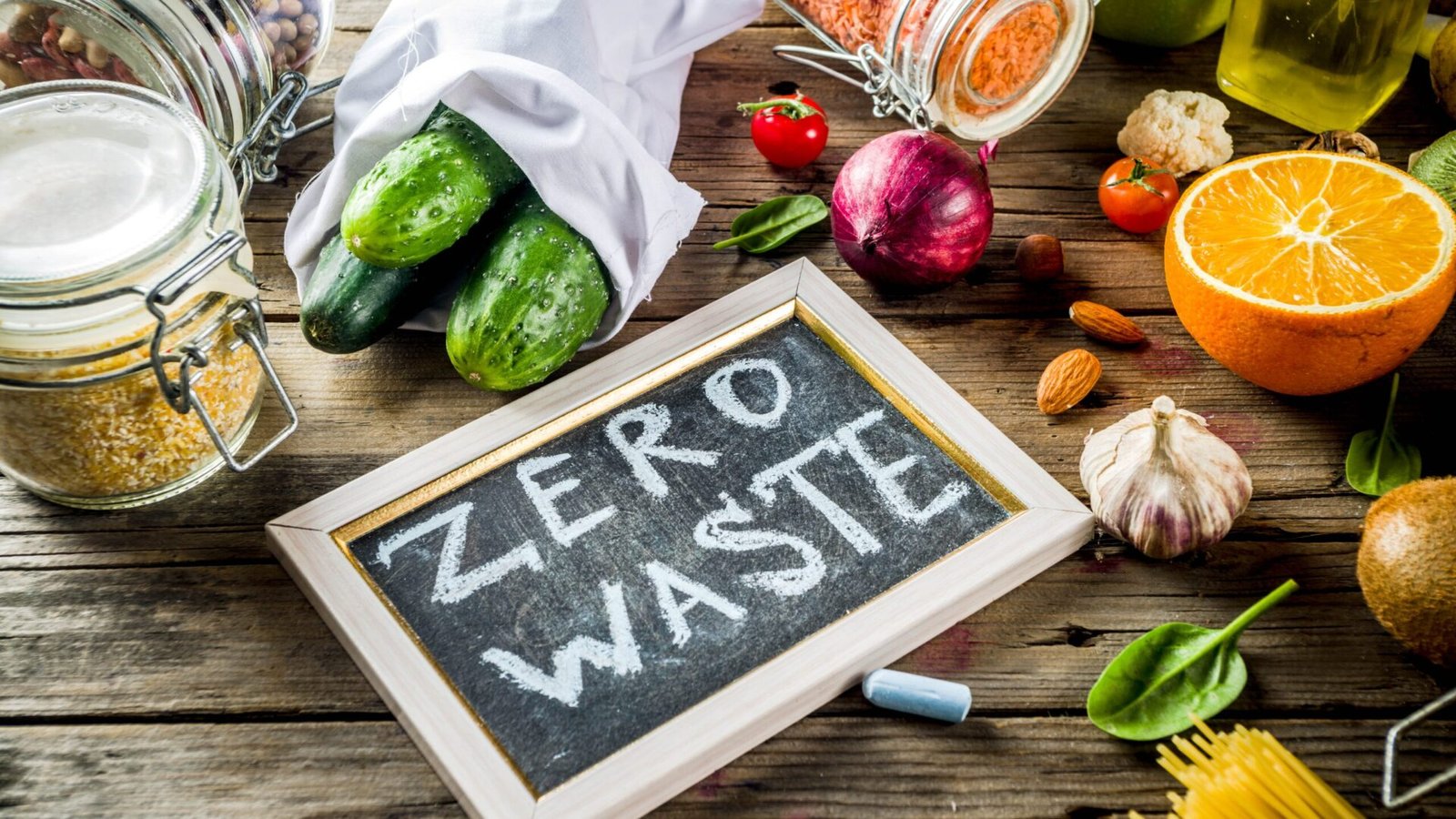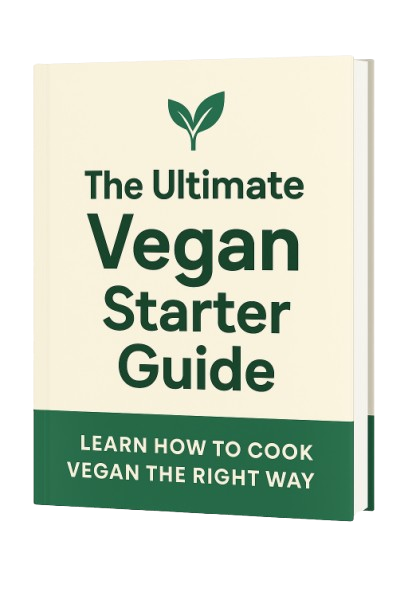
How to Build a Sustainable Vegan Home: Simple Steps for Greener Living
Living a compassionate lifestyle goes beyond what you eat — it extends into your home,
🍪 We use cookies to improve your experience and to show relevant ads. By continuing, you agree to our Privacy Policy.


Learn how to align your lifestyle with both your vegan values and environmental goals. Explore eco-conscious habits, low-waste tips, and practical guides to sustainable living. 🌍🌿
Sustainable vegan living is about minimizing your ecological footprint while staying true to plant-based ethics. It’s more than what you eat — it’s about how you shop, consume, travel, and dispose of waste. Choosing reusable, compostable, and low-impact options can significantly reduce harm to the planet.
| Swap This | For This | Why It’s Better |
|---|---|---|
| Plastic grocery bags | Reusable cotton bags | Durable, washable, and reduce plastic waste |
| Paper towels | Bamboo or cloth wipes | Compostable or washable; less tree cutting |
| Plastic wrap | Beeswax-free vegan wraps | Reusable and cruelty-free |
| Conventional detergent | Eco detergent (cruelty-free) | Biodegradable and safer for water systems |
Transitioning to a sustainable lifestyle doesn’t happen overnight. Start with one change at a time—whether it's saying no to plastic straws or composting your food scraps. As you build new habits, your daily choices will begin to align with a planet-friendly vegan ethos.

Living a compassionate lifestyle goes beyond what you eat — it extends into your home,

Embracing a sustainable vegan lifestyle is one of the most powerful ways to reduce your
Here are the most common questions people ask when transitioning to sustainable vegan living.

Get your copy of The Ultimate Vegan Starter Guide and begin your plant-based journey today.